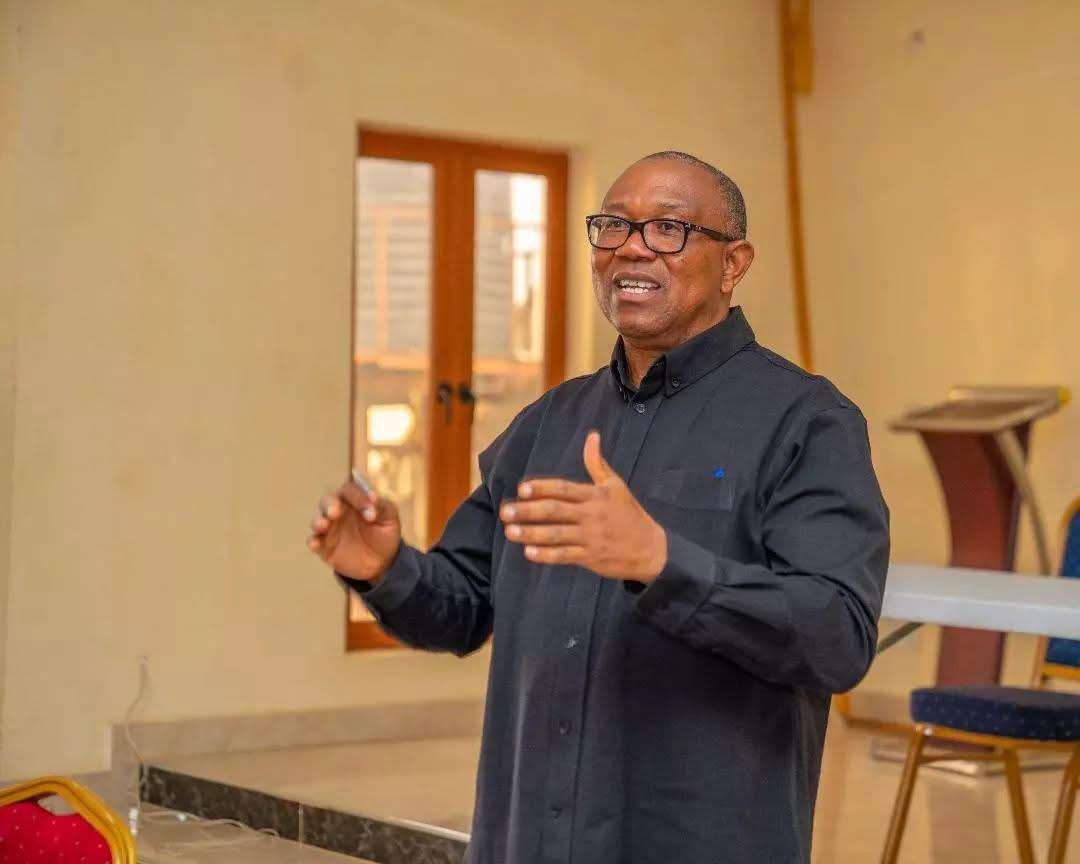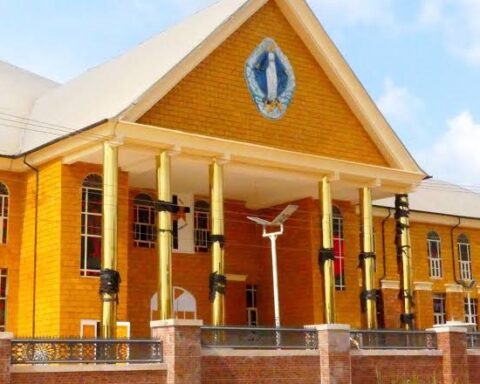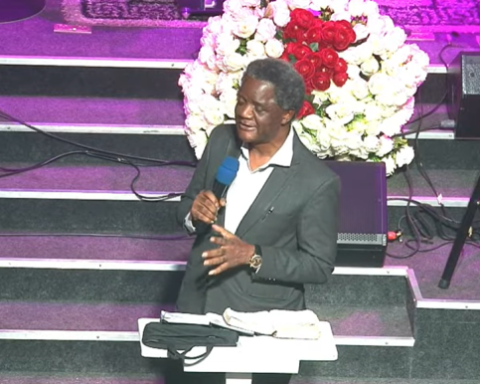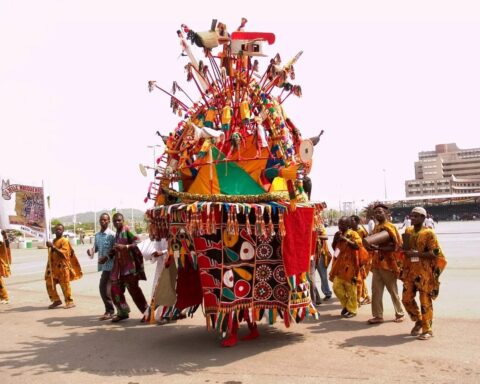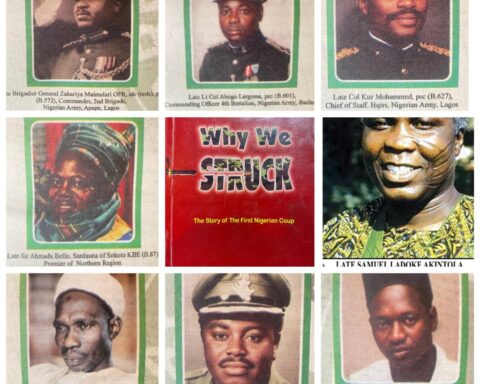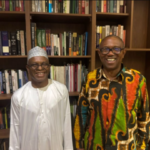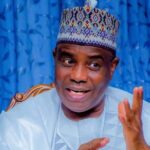By Hon Ogbobe Chidera Stanley
The 2023 general election did not merely serve as a contest of ballots. It emerged as a referendum on entrenched myths, shattered egos, and the symbolic toppling of self-imposed demigods. At the epicenter of this political disruption was Peter Obi, whose movement did not just rattle the system but obliterated the sacred cows of Nigeria’s political orthodoxy.
In Lagos, the so-called citadel of Tinubu’s omnipotence, Obi accomplished the unthinkable. He defeated the emperor in his own empire. Even more damning, he wrested victory in Eti-Osa, Tinubu’s Local Government Area, thus delivering a dagger to the heart of a man who had arrogated to himself the title of kingmaker. The aftermath? Tinubu was left seething with indignation and staggering under the weight of his deflated mythos.
Rather than conduct a self-examination, the APC patriarch and his coterie resorted to reflexive scapegoating. They pointed fingers at everyone but themselves. His acolytes, in a desperate act of diversion, invoked the Igbo scapegoat narrative rather than confronting the incontestable truth that a generation they failed to understand or inspire had rejected them.
INEC, widely accused of complicity, was said to have tempered the velocity of Obi’s momentum. Yet, even under systemic suppression, the Labour Party’s ascendancy was visible and volatile.
But the electoral earthquake did not end in the South.
In what should serve as a case study in political reversal, Peter Obi dismantled the illusion of Kwankwaso’s invincibility in the North. Obi’s Northern vote haul stood at an astounding 2,080,847, eclipsing not only Kwankwaso’s Northern support of 1,183,678 votes, but even his entire national tally of 1,454,649 votes across both North and South.
In plain numbers, Obi’s Northern performance alone dwarfed the total votes harvested by the celebrated Kwankwasiyya movement nationwide. That singular fact renders obsolete the recycled claim that Obi lacked Northern penetration.
Even more remarkable was Obi’s conquest in Nasarawa, a Muslim-majority state with an estimated 55 to 60 percent Islamic population. This further demolished the parochial myth that he could not galvanize support in regions with religious demographics differing from his own.
To add salt to the injury of the political establishment, Obi clinched decisive victories in Lagos and Abuja, the nerve centers of Nigeria’s political, economic, and military architecture. He triumphed not only in urban residential zones but around military barracks, police commands, and institutions of higher learning. This was a clear signal that the intellectual elite, security operatives, and civic-minded youth resonated deeply with his message of integrity and reform.
This was not merely an election. It was a tectonic realignment of Nigeria’s political landscape. Obi’s ascendancy dismantled the dogmas of regional captivity, exposed the fragility of political empires, and redefined electability in a nation yearning for probity.
By 2023, Peter Obi did not just participate in a democratic process. He rewrote its mythology.
